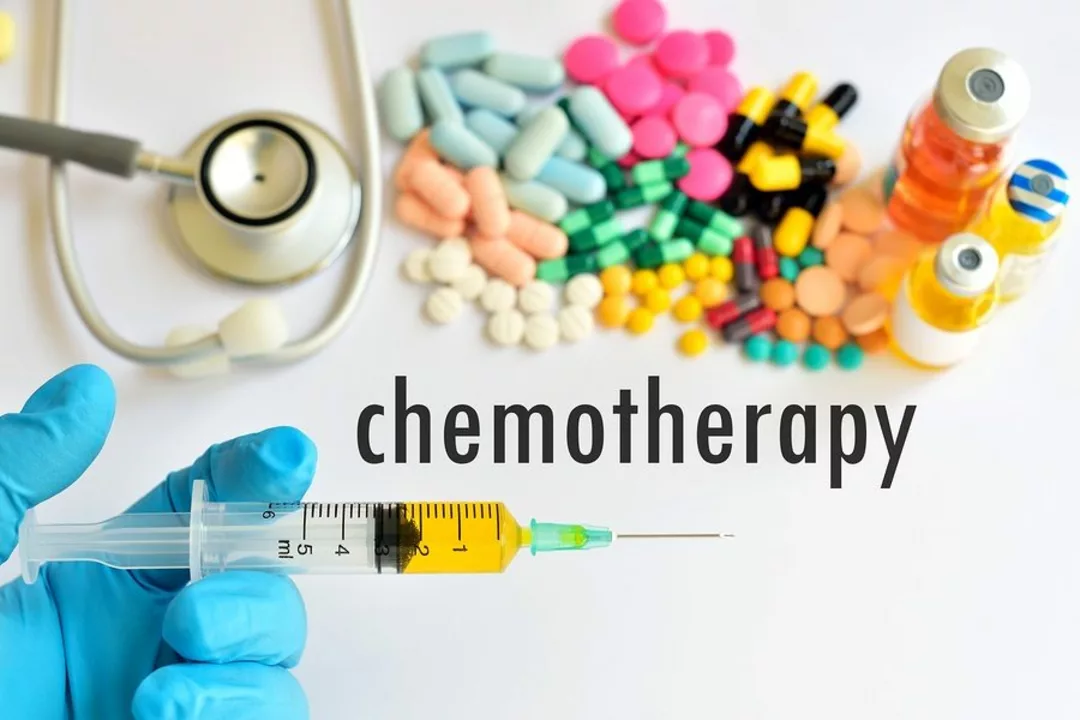Melphalan: What You Need to Know
Melphalan is a chemotherapy drug used mainly for multiple myeloma, some ovarian cancers, and as part of high-dose conditioning before a stem cell transplant. It works by damaging cancer cells' DNA so they can’t divide. That sounds rough because it is—melphalan hits fast-growing cells, including healthy bone marrow cells. Still, it’s an important option for many patients when used carefully.
How melphalan is given and what to expect
Melphalan comes as an oral tablet and as an intravenous (IV) infusion. The exact dose depends on your diagnosis, body size, kidney function, and whether you’re getting standard or high-dose therapy. A common use is high-dose IV melphalan (often around 200 mg/m2) before an autologous stem cell transplant. For other situations your oncologist will pick a lower, tailored dose.
If you take the pill form, swallow with water at the times your team tells you. Don’t break or crush tablets. For IV treatment you’ll be monitored in the clinic during and after the infusion. Expect your care team to run blood tests before each cycle so they can spot problems early.
Side effects, monitoring, and safety
Bone marrow suppression is the main issue: low white cells, red cells, and platelets. That raises infection risk, causes anemia and bleeding tendencies. You’ll get regular CBCs (complete blood counts) to track this. Other common effects: nausea, vomiting, mouth sores (mucositis), hair loss, and fatigue.
Melphalan can damage reproductive cells. It often causes temporary or permanent infertility, especially with high-dose treatment. Use reliable birth control during treatment and discuss sperm or egg banking before you start.
Because it’s a hazardous drug, healthcare workers use protective gear handling it. If you take tablets at home, wash your hands after touching them. If a tablet breaks or spills, follow the pharmacy’s cleanup advice and avoid skin contact.
Tell your doctor right away if you have fever, heavy bleeding, severe mouth pain, sudden shortness of breath, or signs of an allergic reaction. These can be signs of serious complications that need prompt care.
Drug interactions and organ issues matter. Kidney or liver problems can change how melphalan behaves in your body, so dose adjustments are common. Always give your full med list to the oncology team, including supplements and over-the-counter drugs.
Before starting, ask your doctor these simple questions: Why is melphalan best for my case? What side effects should I expect first? How will you monitor me? What fertility or pregnancy precautions should I take? Clear answers will help you feel safer and more prepared.
Melphalan is powerful and useful, but it needs careful handling and close follow-up. Keep in touch with your care team, follow instructions, and report problems early—those steps make treatment safer and more effective.

Melphalan in Combination with Other Chemotherapy Agents: A Review of Clinical Trials
May 8 2023 / OncologyI recently came across several clinical trials that explored the use of Melphalan in combination with other chemotherapy agents. From what I gathered, this combination therapy has shown promising results in the treatment of various cancers, including multiple myeloma and ovarian cancer. The trials demonstrated that combining Melphalan with other agents could potentially improve treatment efficacy and overall patient outcomes. Additionally, these studies also highlighted the need for further research and optimization of treatment protocols. Overall, these findings shed light on the potential benefits of using Melphalan in combination therapy, and I'm excited to see how this area of research continues to develop.
VIEW MORE